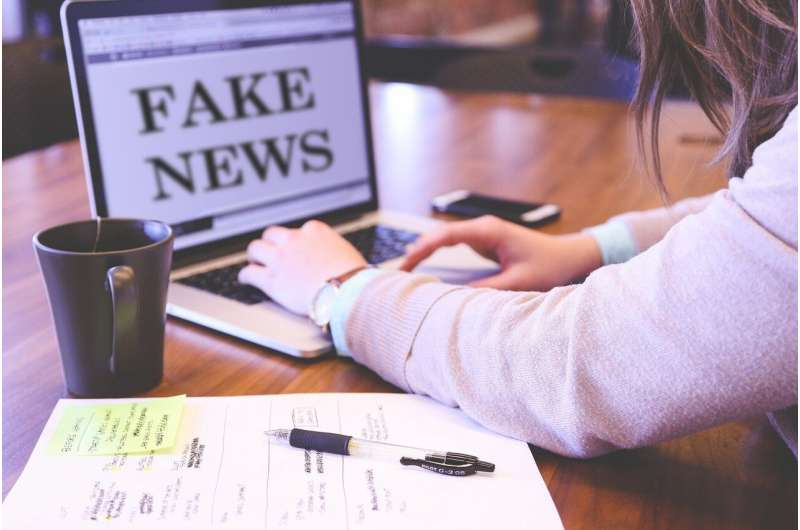Correcting COVID-19 misinformation

There has been serious discussion about COVID-19 misinfomation. That misinformation has most likely cost many people their lives, driven by messages from those with a hidden agenda to drive everyday people away from science-based medical advice. The question remains as to what is the best way to counter the stream of misinfomation and fake news. Might the mainstream, mass media be able to correct false perceptions about the pandemic and our response to it? Alternatively, is it that many people would respond and engage more fully with corrective information if that reaches them through social media?
Writing in the International Journal of Web Based Communities, a team from Japan has investigated what impact mass media and social media can have on public perception regarding COVID-19 misinfomation. Their model suggests that the way in which people respond to corrective information depends on their level of literacy and the sources that they trust the most.
Tsukasa Tanihara and Hidetaka Oshima of Keio University in Tokyo and Shinichi Yamaguchi and Tomoaki Watanabe of the International University of Japan, also in Tokyo, found that people with an interest and understanding of COVID-19 who saw misinfomation about the disease were more likely to respond to corrective information from the mass media. By contrast, those people with a lower level of literacy regarding the pandemic would more commonly be persuaded to shift their stance if the corrective information came from their social media networks instead. This latter finding, the team says, suggests that those who rely entirely on social media for corrective information may well not have the capacity to distinguish between the facts and the fake.
The findings could have important implications for the education of citizens in the present, ongoing pandemic and in future pandemics as well as in other spheres, such as political elections. The team concludes that it is better to utilize mass media to broadcast corrective information. Secondly, authorized corrections in social media need to be flagged to give them greater prominence so that they reach more people. Thirdly, corrective information must be engaging; if people are disinterested in a topic, they need to be persuaded to assimilate the corrective information before they will accept.
More information: Tsukasa Tanihara et al, Effects of corrections on COVID-19-related misinformation: cross-media empirical analyses in Japan, International Journal of Web Based Communities (2022). DOI: 10.1504/IJWBC.2022.122392
Provided by Inderscience



















